

Nigeria and the Politics of Numbers...
By edentu OROSO
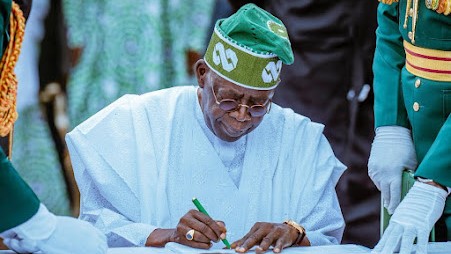 President Bola Tinubu
President Bola Tinubu
Politics is, and has always been, a game of numbers. It evolves, devolves, and revolves around numerical strength. No political calculus can be considered complete without the indispensable variables of numbers. Twist the equation in myriad ways, shade it with ideology or strategy—the outcome is still a final tally. The greater the number of constituents a politician can rally, the higher the chances of acceptability and, ultimately, electoral triumph. Power dynamics are drawn and defined by numerical dominance and the zones of influence wielded by political actors. Strip numbers from the daring and often witty theatre of politics, and what remains is a sterile canvas—a chaotic interplay of guesswork and futile ambition.
The quest for influence, often reaching beyond traditional power or political frameworks, defines much of human ambition. From coercing adversaries into submission to outright purchasing of loyalty through fair or foul means, the totems of political engagement remain evident. In this arena, power without influence is feeble; influence without power, even feebler. Politics, therefore, morphs into a dual-purpose mechanism—a veritable fiat—for acquiring both. Ironically, for the political class, it is not so much the application of these tools in fulfilling the social contract that matters, but the means by which they are obtained. In this peculiar ecosystem, the end invariably justifies the game—not the other way around.
Nigeria’s democratic experience continues to be viewed through the prism of numbers. Even when the integrity of these numbers—or the components that constitute them—barely registers in final outcomes as benchmarks, the political discourse remains firmly rooted in numerical mystique. Take Northern Nigeria, for example: it consistently parades its numerical clout as the game-changer in any presidential equation, citing its high number of registered voters. Northern elites have elevated this rhetoric to a symbol of political dominance, proclaiming that no Nigerian can clinch the presidency without northern endorsement. Whether that holds water or not, the South vocally counters with its own weight, asserting that no president can emerge without its decisive backing. This claim, though bold, is not without merit—it represents a verifiable check in the larger democratic ledger.
Within this grand chessboard of numbers, a recent revelation by iconic comedian Ali Baba—gleaned from an unlikely mentorship with former President Olusegun Obasanjo—offers a masterclass in political maneuvering. Ali Baba, in a widely circulated video, recounted a lesson he received from Baba OBJ via WhatsApp when it seemed he had wandered into the murky waters of politics. Central to OBJ’s tutelage? Numbers.
According to Ali Baba, Obasanjo told him plainly: “To become the president of Nigeria, you need the governors of seven states—Lagos, Rivers, Delta, Bayelsa, Kaduna, Kano—and the Central Bank of Nigeria.” While the CBN Governor isn’t technically a state governor, these seven loci represent the deepest political war chests in the federation. These are the bastions with the highest monthly federal allocations and internally generated revenues. Secure them, and the political equation bends favourably toward your ambition.
In addition, OBJ, according to Ali Baba, advised him to gain control over 44 of the most influential and strategic local governments out of Nigeria’s 774. These LGAs, too, are key tactical assets in the political power game—veritable launch pads for consolidating influence across the federation.
While Ali Baba hinted at more lessons from the elder statesman, it is prudent to focus on these foundational strategies. They represent the essence of the matter. Given OBJ’s storied political career—both as a former military Head of State and a two-term democratic president—his permutations offer a telling glimpse into the machinery behind the Aso Rock gates. With 2027 on the horizon, the implications of his insight are as clear as day.
Indeed, the signs are unmistakable. One doesn’t require a crystal ball to perceive the shape of things to come. The tug-of-war for the soul of Rivers State is already underway. Governor Siminalayi Fubara, according to whispers from the grapevine, may be coerced into defecting to the ruling All Progressives Congress (APC) as a precondition for reinstatement after a potential declaration of emergency rule by President Bola Ahmed Tinubu.
Just recently, the Governor of Delta State, Sheriff Oborevwori, and his predecessor, Ifeanyi Okowa, defected from the People’s Democratic Party (PDP) to the APC. This political migration lends credence to OBJ’s power play blueprint and its far-reaching resonance in contemporary power negotiations.
Lagos State, of course, remains a defined entity, solidly tethered to the presidency. The state—and indeed the entire Southwest—has long been the bastion of Bola Tinubu’s political machinery. Since the passing of Obafemi Awolowo, Tinubu has assumed the role of de facto leader of the Yoruba political spectrum. Meanwhile, his son, Seyi Tinubu, has been making visible inroads into the North, particularly Kano and surrounding states. Whether this gambit will fracture the North’s political unity remains uncertain. Yet, the cracks in the monolithic northern bloc are beginning to show, signaling that the so-called political certainty of the North may be nothing more than bravado in a rapidly shifting landscape.
The prospect of Nigeria becoming a de facto one-party state looms ever larger, as a flood of defections from opposition parties into the APC continues apace. It smacks of a carefully orchestrated consolidation—one executed with precision by a seasoned political tactician operating at peak form.
In the face of a potentially coordinated opposition push to dislodge the incumbent in 2027—especially one anchored by Northern political heavyweights—OBJ’s roadmap could prove decisive. If his recipe holds true, the path to political relevance for challengers becomes daunting, if not near impossible.
Granted, President Tinubu’s two-year track record has left much to be desired. Rising poverty, runaway inflation, growing insecurity, unchecked killings in Benue and Plateau States, rampant kidnappings, and the ripple effects of the abrupt fuel subsidy removal all weigh heavily on the electorate. Yet, in the grand chess game of Nigerian politics, he holds the aces—not just as president, but as Commander-in-Chief with expansive powers and unmatched strategic nous.
With the President’s assent to the National Assembly’s legislation granting full autonomy to local governments, a seismic shift has occurred in Nigeria’s political architecture. Monthly subventions from the federation account, as envisioned, will now flow directly into the coffers of the 774 Local Government Areas—unfettered by the meddling hands of state governors. In this recalibrated power matrix, the LGAs are, by principle and purse, beholden to the Piper who pays the tune. When the political drums begin to beat and the dust of electioneering rises, these grassroots strongholds will not merely be observers—they will march as foot soldiers, loyal and mobilised, in the high-stakes theatre of electoral warfare.
Moreover, elections in Nigeria have become more imagined than genuinely felt. Our democratic experience—since independence—has been riddled with fraudulent elections, masked in legitimacy, often crowning mediocrity in place of excellence and vision. 2027 may just be another charade at democracy.
We await, breath held, the next gust in this political tempest. Will a man who could not be stopped when he was outside the seat of power—who ascended despite resistance from even his own predecessor—be so easily unseated by political journeymen hungry for a new lease of relevance?
We wait to see if the man destiny has seemingly anointed—one who transcends ethnic and religious fault lines with a blueprint of inclusive development—will emerge. We long for impassioned strides stripped of parochialism, for leadership that gives life to our collective yearnings. And we wait, still, for that long-promised sigh of relief—that amidst our fumbling in the shadows of misrule, there flickers a light at the tunnel’s end. That is the promise our chequered history still owes us. And the now, more than ever, demands it.




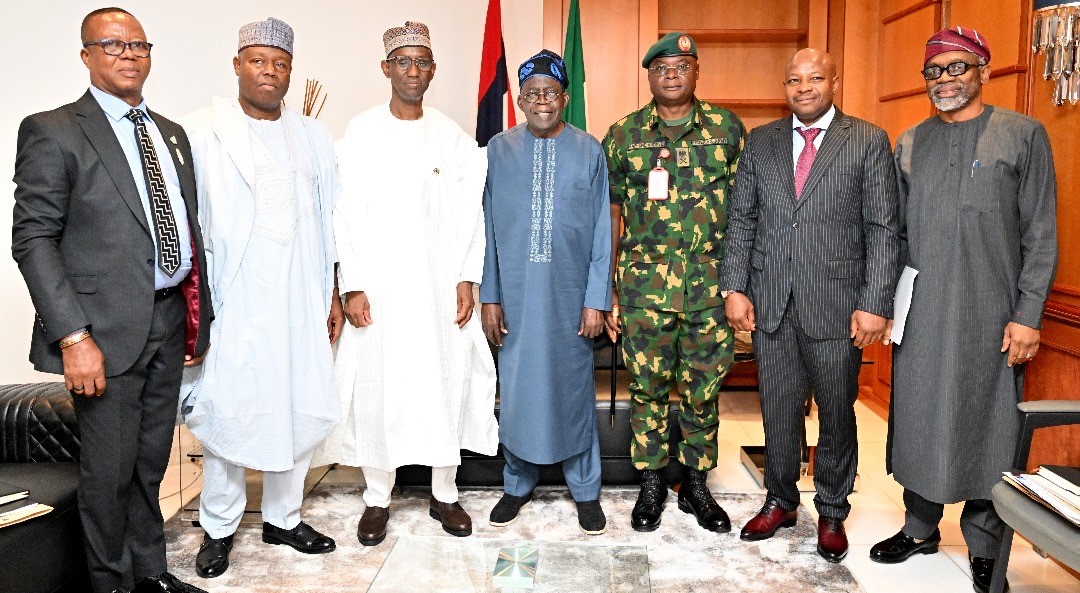
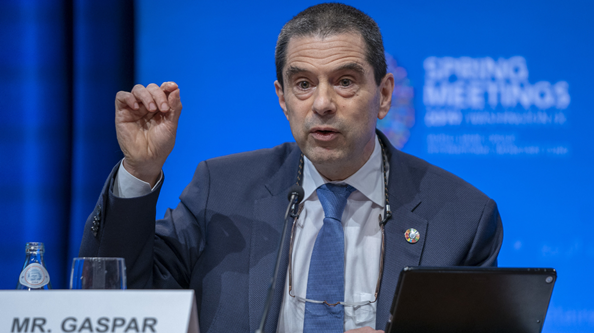
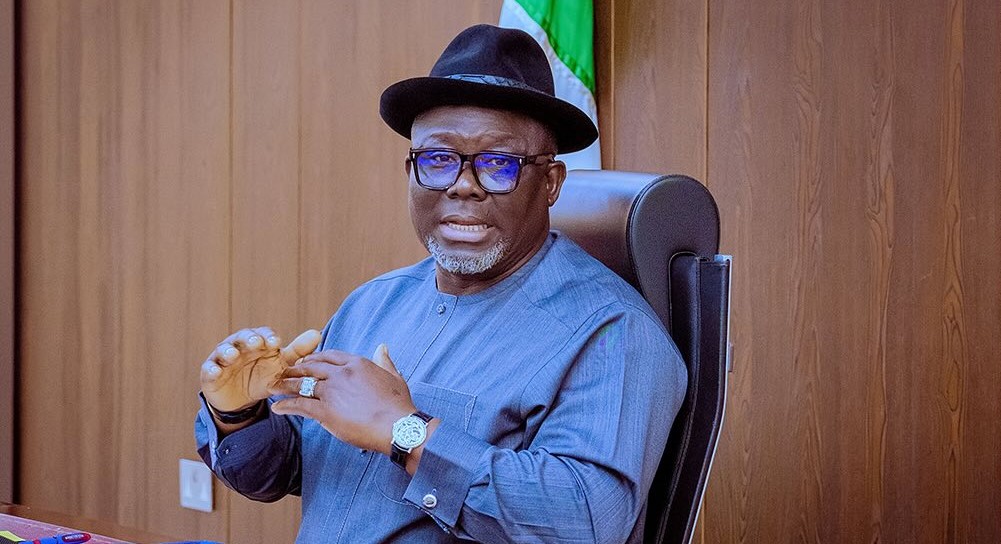

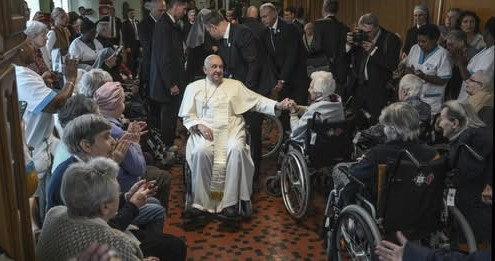

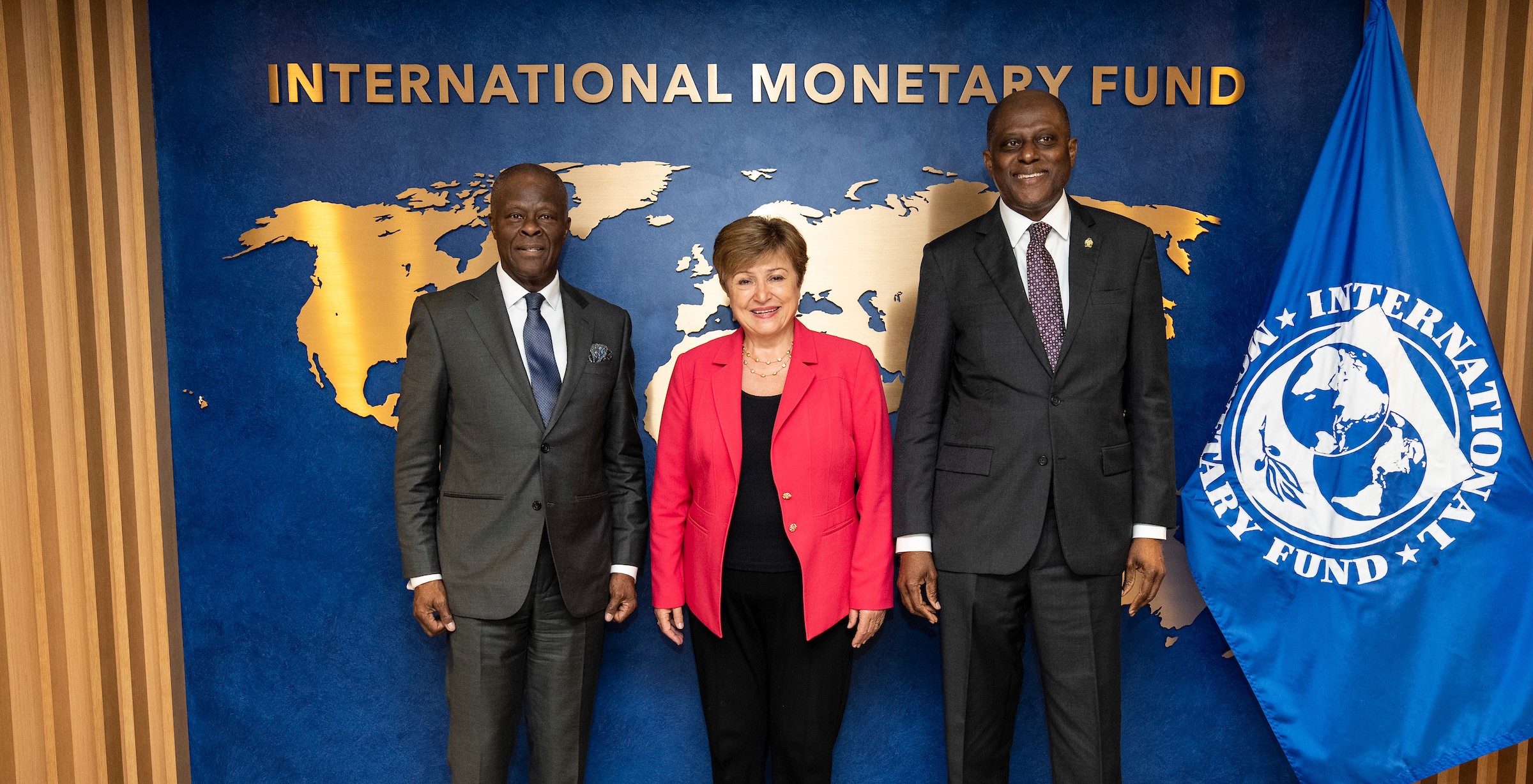
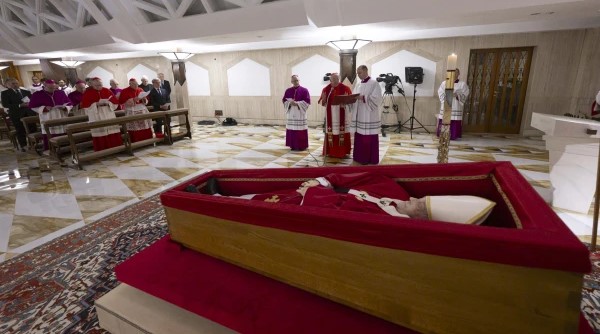
Comments
Be the first to comment on this post
Leave a Reply